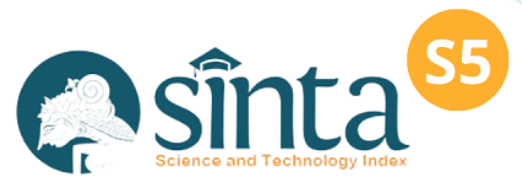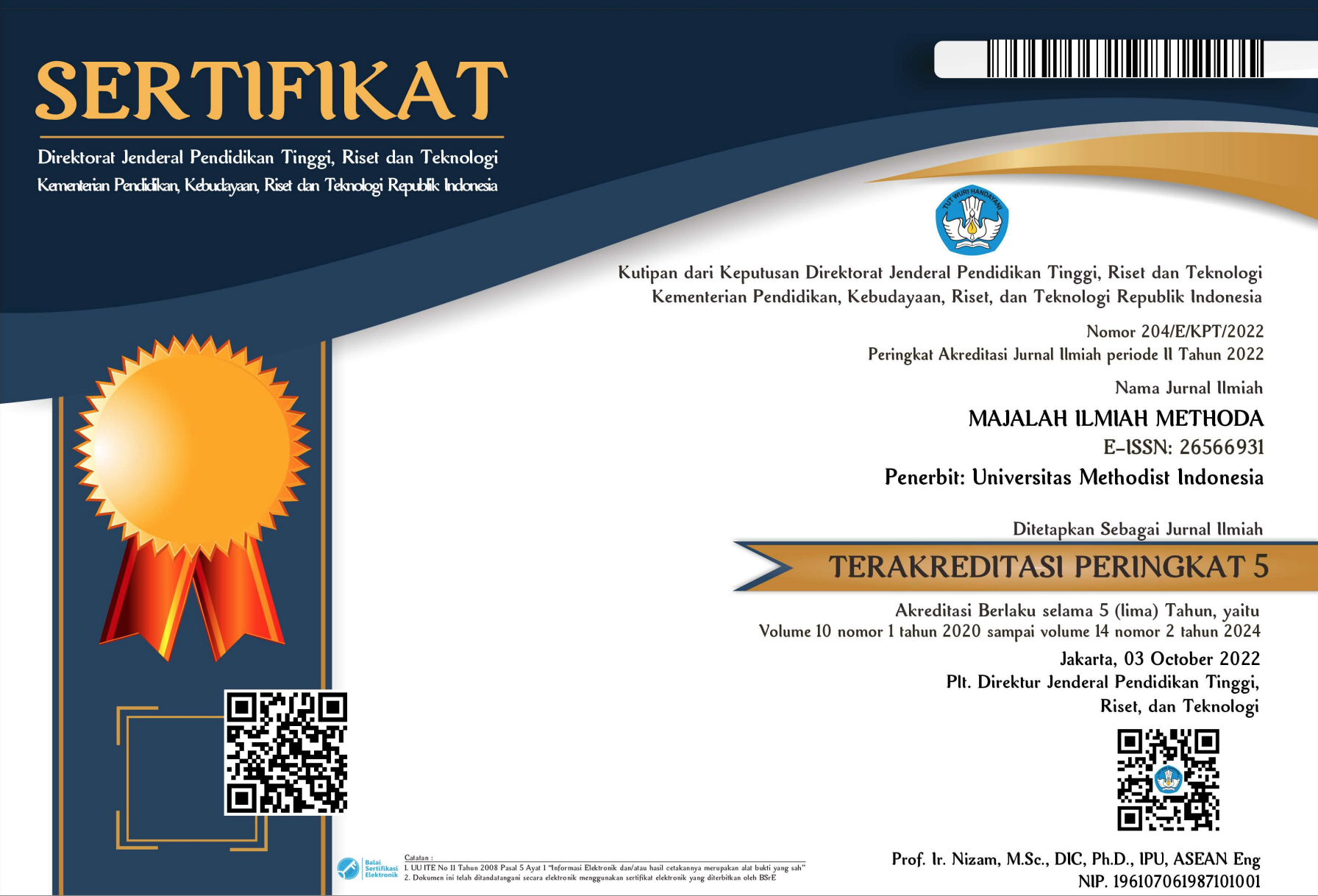POLIMORFISME GEN ENZIME EPOXIDE HIYDROLASE DAN RISIKO TERJADINYA KANKER PARU
Keywords:
Lung Cancer, Smoking, PAHs, Eposide HydrolaseAbstract
Approximately 80-90% of lung cancer patients are smokers. Smoking is the activity of burning cigarettes which produces smoke. Cigarette smoke contains 4000 harmful chemical compounds. Among these chemical compounds, Polycyclic Aromatic Hydrocarbons (PaH) are inhaled and persist in the bronchial epithelium. PaH will be metabolized to Benzo A Pyrene (BaP) catalyzed by the enzyme epoxide hydrolase (EPHX). BaP is lipophilic and carcinogenic. The carcinogenic properties of BaP are very reactive so that they bind to DNA to form DNA adducts. If this occurs in the cell cycle regulatory gene, then this will initiate the initiation process of lung cancer. But of all smokers only 10-15% are known to suffer from lung cancer. This shows that there is a genetic role that causes a smoker to suffer from lung cancer. Several studies have stated that the EPHX gene polymorphism can increase or decrease the risk of a smoker suffering from lung cancer. There are two EPHX gene polymorphisms that are thought to be significantly related to the incidence of lung cancer. The two polymorphisms are EPHX Tyr113His and EPHX His139Arg. The EPHX Tyr113His polymorphism in vitro causes the EPHX enzyme activity to decrease so that DNA mutations decrease. Individuals with the EPHX Tyr113His genetic variation have a lower risk of developing lung cancer. The EPHX His139Arg polymorphism increases EPHX enzyme activity thereby increasing DNA mutations. Individuals with the EPHX His139Arg genetic variation have a higher risk of developing lung cancer
Keywords: Lung Cancer, Smoking, PAHs, Eposide hydrolase










